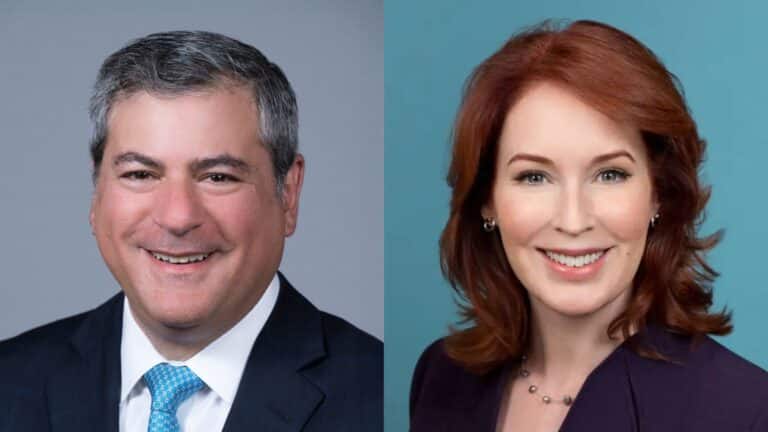The US led the world to reach a huge climate deal. Then, it switched sides.
Ten years after nations adopted the Paris Agreement, its objectives are in jeopardy amid rising climate pollution and a political backlash against clean
Current Access Level “I” – ID Only: CUID holders, alumni, and approved guests only
The ten years since the Paris Agreement was signed at the UN Climate Change Conference, COP 21, have been the ten hottest years on record. And the outcome that the Paris Agreement sought — limiting global temperatures to 1.5 degrees Celsius above pre-industrial levels — is now widely considered unattainable.
There are other hurdles as well. Many nations have not submitted climate action plans, or nationally determined contributions, to the UN. And President Trump says he plans to re-withdraw the US from the Paris Agreement. Still, the UN Framework Convention on Climate Change marches on. Next week, delegates, activists, and journalists will converge in Belém, Brazil, for the 30th Conference of the Parties, or COP30.
So what are some of the possible outcomes of this year’s climate summit? Will the absence of the United States even matter? Will the issue of climate equity and financing garner much attention? And what could come from a new forum that Brazil is planning, where governments will discuss how climate policy affects trade?
This week, Bill Loveless speaks with Elliot Diringer about the issues that are likely to dominate the upcoming COP.
Elliot is a global fellow at the Center on Global Energy Policy directing its International Dialogue on Climate and Trade. He brings decades of experience in climate diplomacy as a negotiator, journalist, and policy strategist. He first engaged with the topic as a reporter covering the 1992 Earth Summit in Rio de Janeiro and later served in senior roles in the Clinton administration, the Center for Climate and Energy Solutions, and more recently as a senior policy advisor to Special Presidential Envoy for Climate John Kerry during the Biden administration.
Last week, President Trump announced that he was imposing significant new sanctions on Russia. It’s an effort to cut off revenue Russia needs for its war in Ukraine....

Energy has long been used as a weapon. The United Kingdom blocked oil exports to Germany during World War I. Hitler’s fall was due in part to losing...

Trade tensions between the US and China have hit a new high mark. Last week, after China announced plans to ratchet up its export controls of some rare-earths...

Industrial policy, supply chain security, and economic competitiveness are central to how we think about clean energy deployment. As the Trump administration pulls back federal support for the...

The fashion industry sits at the intersection of climate, energy, and consumption, facing growing pressure to cut emissions, transition to clean energy, and build circular systems across global supply chains.

As the host of COP30, Brazil has an unprecedented platform to demonstrate its climate leadership.

In the fall of 2024, the Center on Global Energy Policy (CGEP) at Columbia University SIPA launched the International Dialogue on Climate and Trade to afford governments and stakeholders opportunities to seek common ground on ways of more effectively and equitably managing issues at the intersection of climate and trade.

CGEP scholars reflect on some of the standout issues of the day during this year's Climate Week
